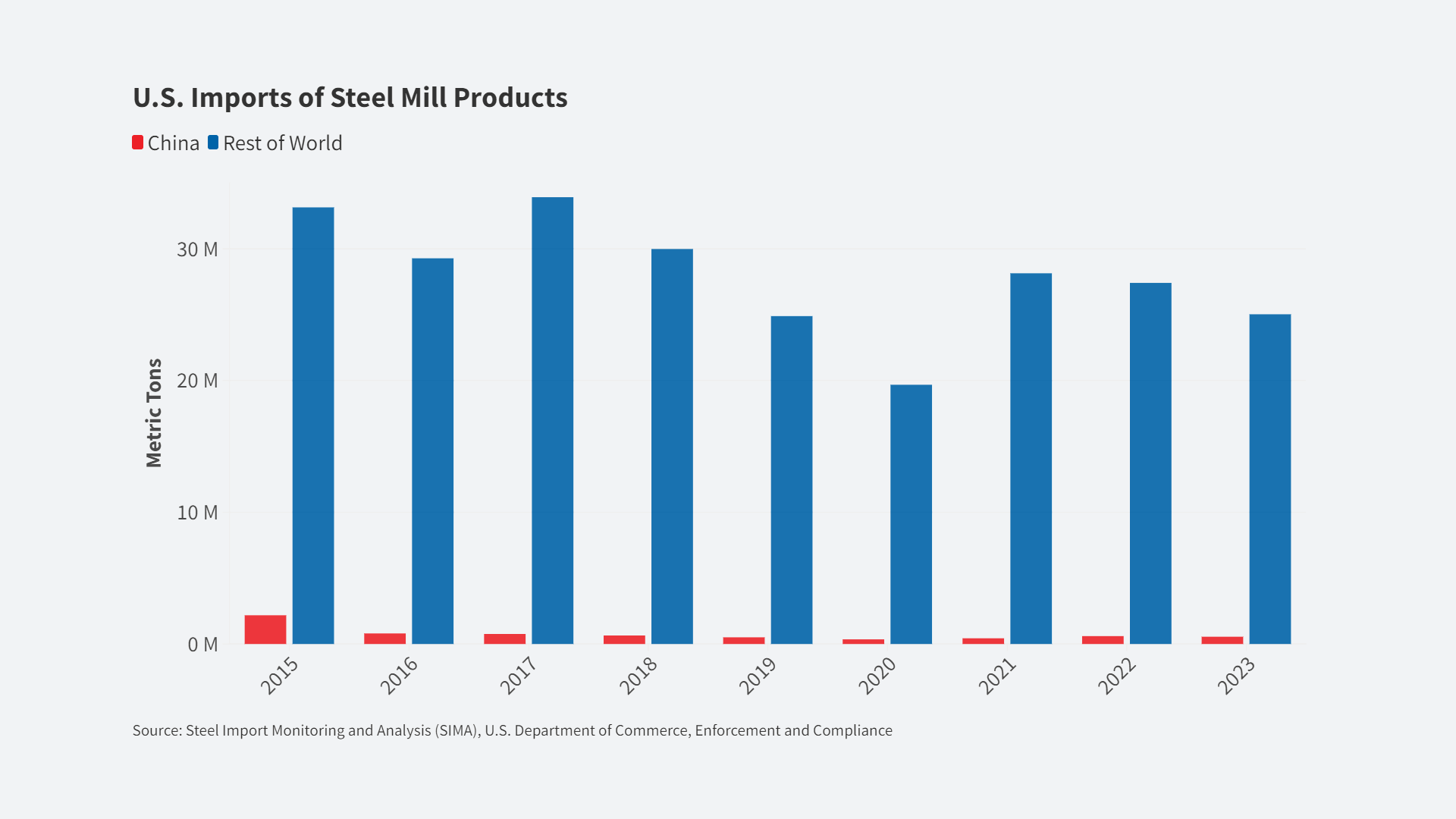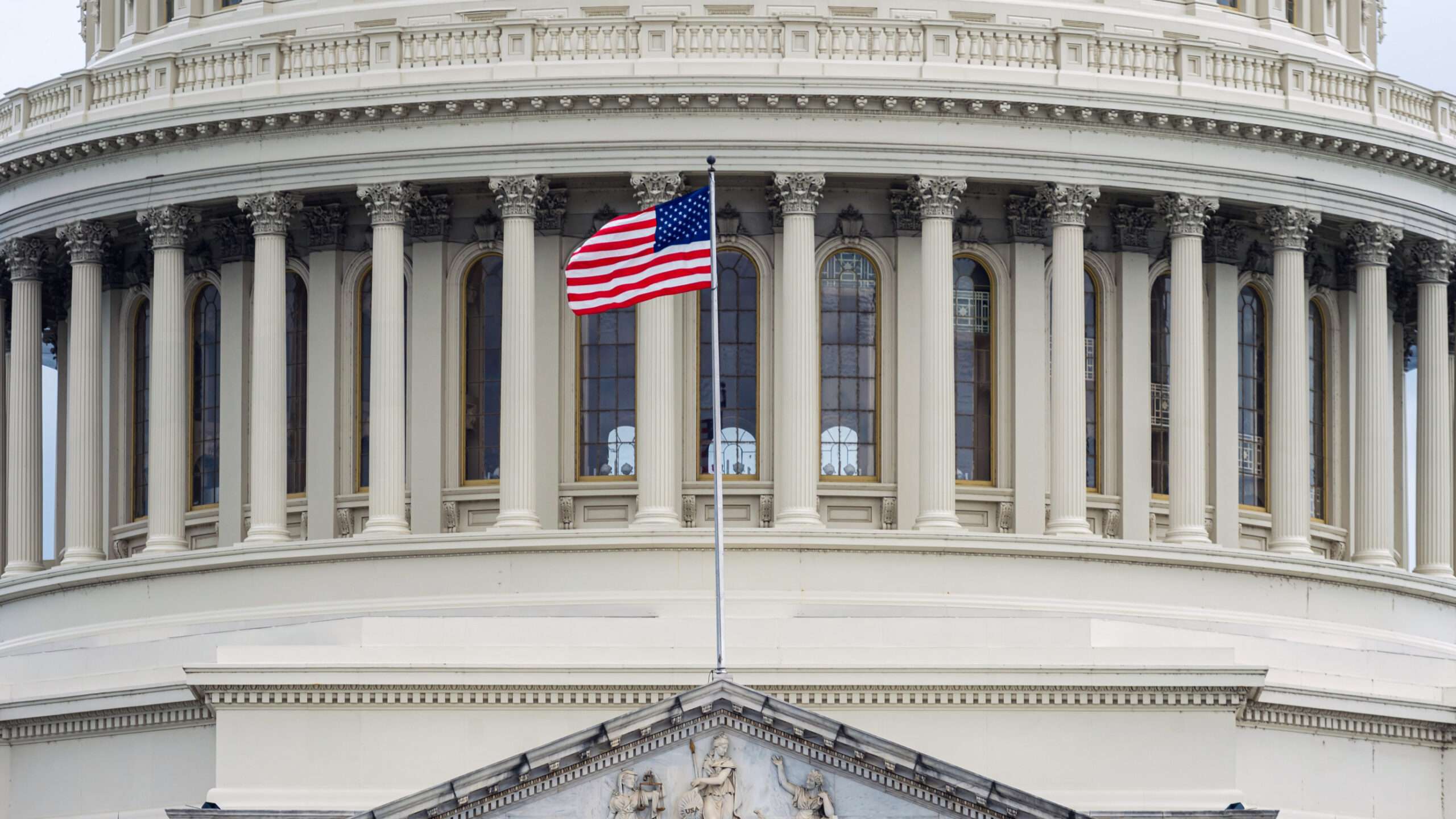The House Republican corporate tax reform proposal is bold and innovative. Its most outstanding positive feature is a shift to a destination-based corporate tax. A destination-based system moves the profit, and therefore the tax, to the place of consumption. That small change, alone, could eliminate decades of tax avoidance strategies by multinational companies. It would be the most positive and effective corporate tax reform ever. But the Republican proposal has one huge loophole that opens it up to tax avoidance maneuvers that could cost hundreds of billions of dollars. Our alternative proposal shuts that loophole while maintaining three key features GOP legislators desire: border-adjustability to support net exports, the elimination of inversions, and a lower corporate rate. And we add a new feature: support for smaller businesses.
By Bill Parks, The Hill
Implementing a border-adjusted tax as a way to reduce the tax burden to 20 percent is appealing at first. However, this could have a catastrophic impact if not modified. Realistically, it is idealistic and potentially disastrous. A border-adjusted corporate tax would deny a deduction for the cost of all imports, and disregard revenue from export sales. The change would not only disadvantage import-dependent companies, but it opens the possibility for massive price increases, import bankruptcies, or both. Conversely, export companies would show huge losses and gain tax credits from said losses, thereby creating an unprecedented way to game the system.
Since all cash flow associated with exports is tax-free, profitable companies would have an incentive to “purchase” commodities for export simply to sell them on, adding to their cost line and dramatically reducing their taxable cash flow.
There are over $1.2 trillion in commodities exported every year. A significant portion of those could be routed through companies, assisted by brokers, seeking to reduce their tax liability.
Absolving most domestic companies of their tax obligations through the opportunities offered by the Destination Based Cash Flow Tax leaves the importers to bear the tax burden. They will pass that tax on to their customers. Thus the corporate tax morphs from being progressive, dependent on wealthy individuals, to strongly regressive, falling mostly on lower and middle class people.
An Extra $550 Billion Available For More Tax Cuts
Instead of taxing imports and exempting the revenue from export sales, Congress should simply tax all import profits and exempt all export corporate profits. That preserves border-adjustability and the support that every U.S. company competing internationally sorely needs. The destination-based corporate tax system we propose is often referred to as Sales Factor Apportionment (SFA). Many states have successfully used this system to tax corporate profits in proportion to the sales in their state. SFA is a standard destination-based corporate tax that would treat all companies equally and generate the same taxable income under identical scenarios for all companies. For instance, if a company had 40 percent of its sales in the U.S., then the U.S. would tax 40 percent of its profits.
With no overall tax rate changes, SFA could increase U.S. tax revenue by approximately $550 billion over 10 years, and the disallowed interest would further increase revenues. The amount is less than the $1 trillion promised by the current GOP plan but is enough to lower the rate for all but the largest corporations.
Furthermore, Republicans should consider a revision that dramatically lowers taxes to 10 percent on the first $1 million in pretax profit, and then gradually increase the rate. Therefore, small and medium-sized businesses that are often capital starved will see the greatest benefit. Giant corporations are seldom as capital-constrained as their smaller competitors, and would tend to buy back their stock or increase their dividend payout, neither of which would boost the economy.
A lower rate aimed primarily at small and medium-sized businesses would boost the economy, promote jobs and increase long-term growth. And the added funds would mostly come from multinationals that today often avoid paying their share of taxes. As a bonus, SFA eradicates any incentive to move businesses and jobs overseas. Global competitiveness would be independent of the tax rate. And multinationals would still get the territorial system they want.
SFA would promote economic stability in ways the proposed cash flow border adjustment tax would not. And reducing the corporate tax rate to 20 percent or lower for the first several million dollars in corporate profits would help the small domestic companies that have long been a concern of members of Congress, particularly Sen. Jim Risch (R-Idaho) and Speaker Paul Ryan (R-Wis.). A destination-based corporate tax with SFA would tax many companies that now avoid paying their fair share. All those benefits coupled with border adjusting profits and not sales, would be the best way to achieve corporate tax reform.
Bill Parks is the founder of NRS, an outdoors company specializing in kayaking and rafting gear, boating equipment and river supplies. Parks holds a Ph.D. in finance and economics from Michigan State College (now Michigan State University).













